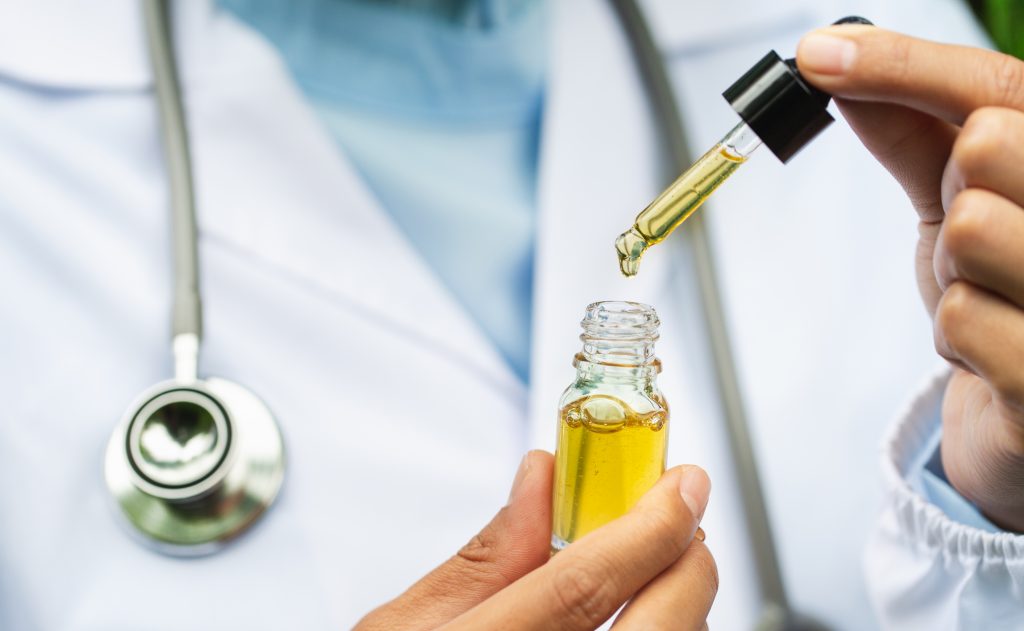A peer-reviewed article from Drug Science highlights the experiences of families using medical cannabis and the changes it has made to their lives.
The peer-reviewed article interviews 11 families who were participants recruited through the charity, End our Pain and its spokesperson, campaigner Hannah Deacon. The parents and carers discussed a broad range of issues associated with medical cannabis including access, policies and its benefits.
On Wednesday 25 August we shared the first findings from the report, read this here
Risks and rewards
The families said that the benefits clearly outweighed the risks when it came to cannabis-based medicinal products (CBMPs).
One of the risks that the families mentioned was that these are unlicensed medicines which present challenges for prescribers contributing to the potential for them to ‘run out of medicine.’ A physiological risk for some but not all was the build-up of tolerance over time that could be remedied by a change in product or dosing routine.
The families noted that CBD by itself was not sufficiently helpful and seizures remained. The improvements were listed as physical, cognitive, emotional as well as social. There was an emphasis on improvements to the quality of life more generally for the patients and their families.
“Within three weeks of taking Bedrolite, she started to improve massively…basically her life was transformed. So she doesn’t use the wheelchair… it wasn’t a cure and it isn’t a cure but she was able to go out. We were managing to drop one of the other drugs that she was on and her IQ came up massively.”
“He was having over a hundred seizures a day last year … so you have to remember that if he has four seizures a day and they’re only like four, five seconds long, maybe up to 10 seconds long that’s a huge change.”
Sleep improvements
Some noted that the night-time seizures stopped which added huge value for parents and carers who had previously had to stay up all night to monitor their children. For the first time in years, this allowed families to get a full night’s sleep which for some was the first uninterrupted sleep they had since their child was born. This had huge benefits for their own physical and mental health.
The improvements were also noted by doctors due to the decrease in seizures, improvements to the quality of life for the patients and their families. Fewer seizures were associated with better sleep, eating and digestion along with more awareness and alertness.
“It’s better for us as a family because he’s having fewer seizures. It means we can do more as a family and go out and you know, we’re still conscious that you could have a seizure at any time. So we still follow him around all the time. But you know, it’s better than it was- we can just enjoy life.”

Mental health
Before using medical cannabis, the mental health of parents and carers, as well as siblings, suffered as a result of having a severely sick child in the family.
The article highlights that this is an issue still neglected by policy-makers and excluded when it comes to discussions on benefits and risk assessments. Many parents highlighted that they had suffered from depression, anxiety and post-traumatic stress disorder (PTSD) as a result of their child’s condition. This was often coupled with a lack of support.
“You find you lose yourself in the whole world your child’s diagnosis, you know, because you’re fighting for them to be well, that you are consumed by it, and then you just lose everything you do, you lose yourself. You know, when you lose your friends you just lose everything.”
One of the children was terrified of ending up in a wheelchair again that he suffered from suspected PTSD and several siblings experienced severe anxiety.
“He’s seen his little brother have horrific seizures all his life… a little toddler watching this mum and dad go off in an ambulance every week and being left with family and friends constantly or waking up in the morning and we’re not here- it had a huge impact on his mental health.”
The article
The families highlighted that they had tried a number of different approaches through diet, surgery and medications.
“The amount of drugs he’s been on… very very bad. We tried clobazam, lorazepam, Lamotrigine, IV Keppra, you know, phenobarbital, phenytoin, topiramate, sodium valproate, Zonisamide, steroids, oxoamide, chloral hydrate …to name a few.”
Many of the issues raised in the article were not just about the science of medical cannabis. They span into political issues, trust and power in society.
It highlights the sheer desperation and anger of families forced to experience this system to access medical cannabis. The way that families are treated contrasts markedly with the way they want to be treated. It emphasises the importance of including patients in decision making about their treatment and the value that should be given to their reported outcomes and wishes.
Therticle noted:
“Unfortunately, unsustainable costs remain a barrier to access for most of these families, unless special licenses and NHS prescriptions can finally be provided. To ensure that the health of these patients and their families is not further compromised, a sustainable long-term solution is required. Our study highlighted the need for regulators and decision-makers to work together to prioritise the health of these vulnerable individuals and to help them access the medications they need to survive.”
The post “Her life was transformed” – New article shares benefits of medical cannabis for families appeared first on Cannabis Health News.

